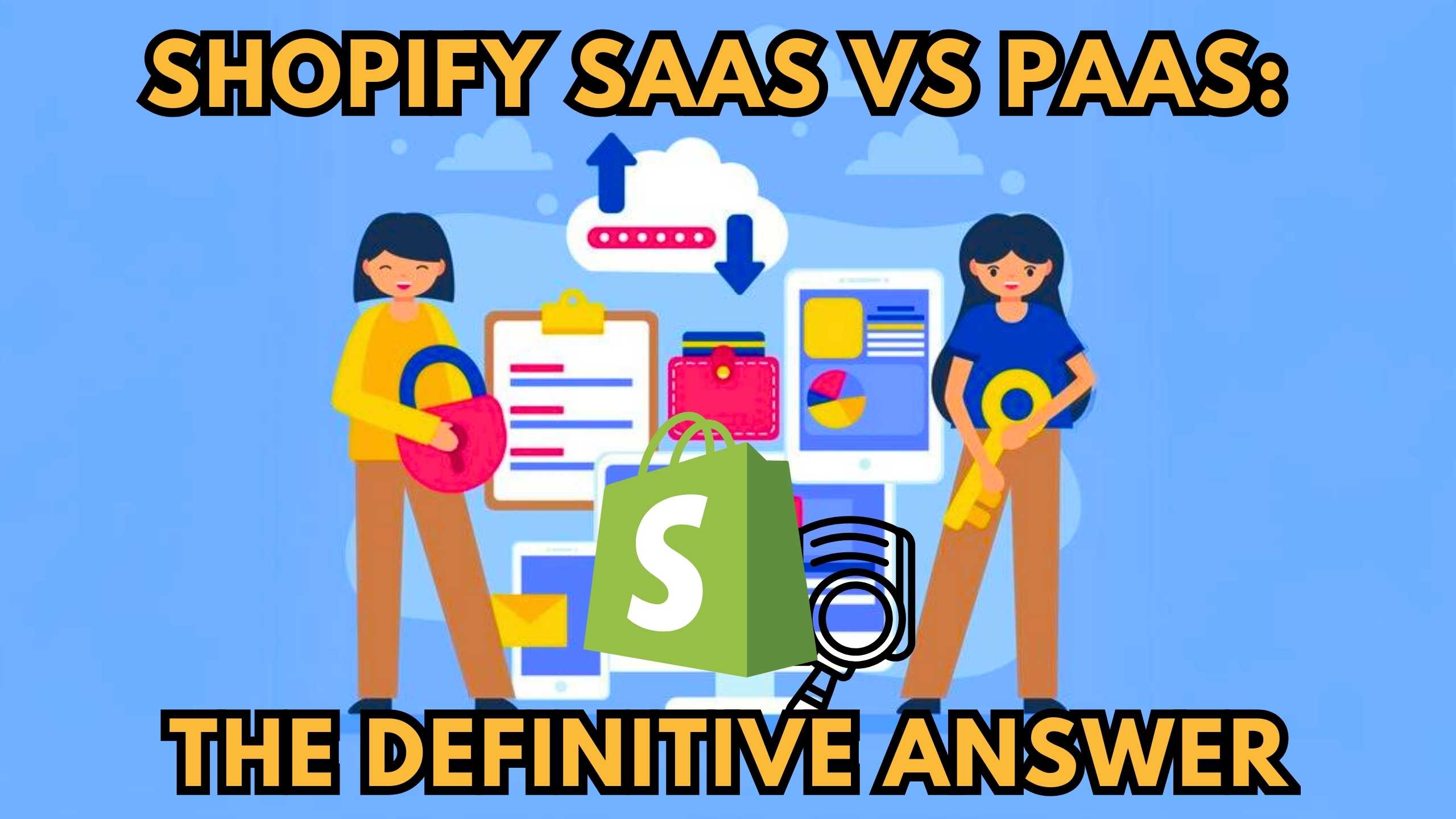Shopify SaaS vs PaaS: The Definitive Answer


Shopify SaaS vs PaaS: The Definitive Answer
In the realm of e-commerce, the choice between Shopify’s Software as a Service (SaaS) and Platform as a Service (PaaS) solutions is a crucial decision that businesses must make. Let’s cut to the chase:
Shopify is a SaaS (Software as a Service) Solution
Shopify operates as a SaaS platform, and this model contributes to its widespread popularity among businesses, particularly those entering the e-commerce space. Here’s why:
- Hosted and Managed Solution: Shopify is a fully hosted platform, taking care of infrastructure, server management, and updates. Businesses can focus on growth without the complexities of server maintenance.
- Subscription-Based Model: Shopify operates on a subscription-based pricing model, where users pay a recurring fee for access. This aligns with the SaaS model, where customers subscribe to the software rather than purchasing and maintaining it outright.
- Automatic Updates: Shopify provides automatic updates and enhancements without manual intervention. This ensures that businesses always have access to the latest features and security patches.
- User-Friendly Interface: Shopify’s user-friendly interface makes it accessible to users with varying levels of technical expertise, a hallmark of SaaS solutions.





